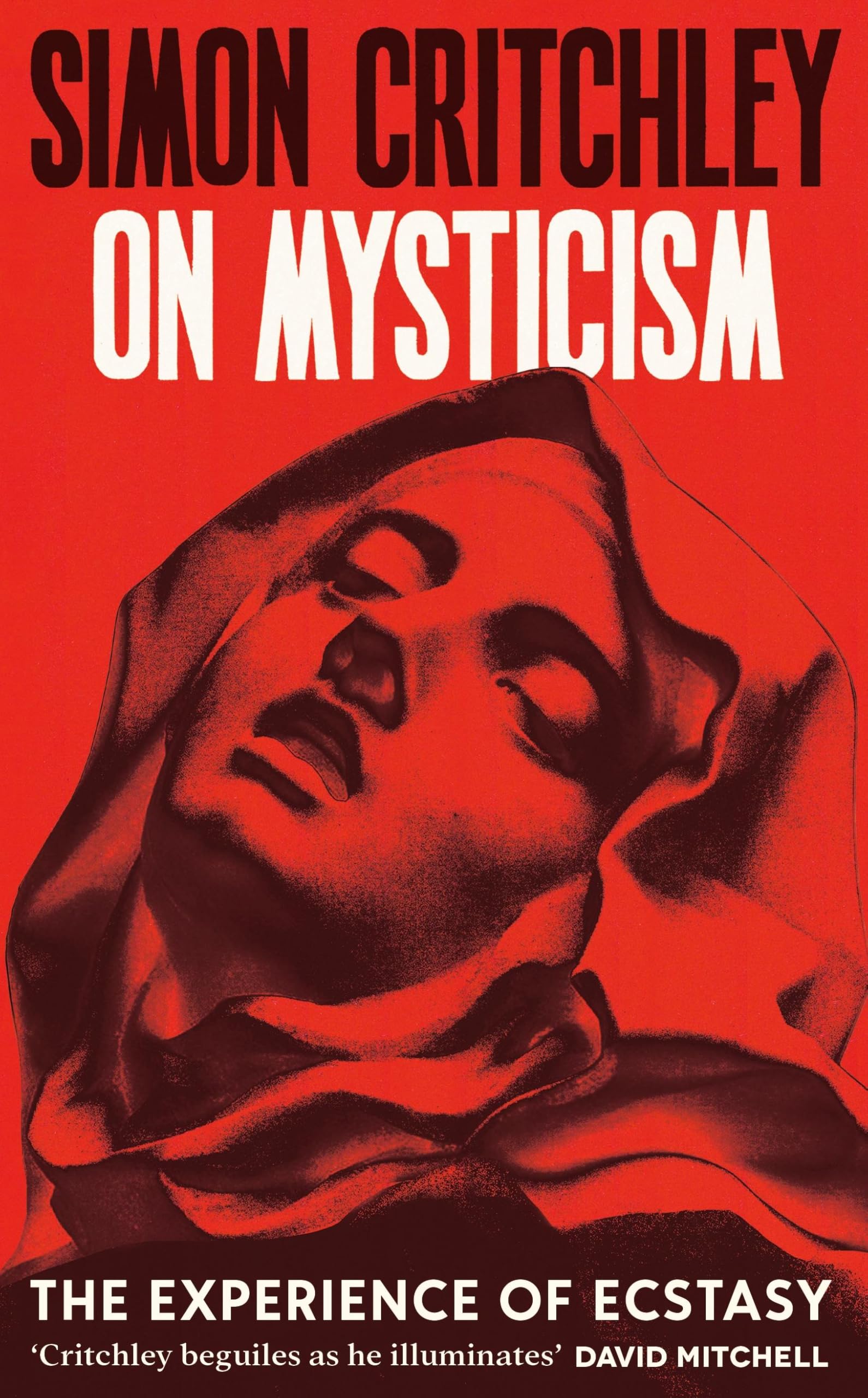On Mysticism: The Experience of Ecstasy
May 20, 2025

It starts with an introduction on why mysticism matters, countering its bad reputation as being anti-scientific. It then continues by going through numerous Christian mystical texts and interpreting their meanings. He ends by showing how the notion of mysticism can be transferred to aesthetics, particularly music—as can be seen with krautrock and punk.
The book is alright. For me personally, it’s too unstructured and not systematic enough. It’s more concerned with flowery language and interpretations. After finishing the book, you won’t come away with a clear metaphysical understanding of what mystics actually believed in. It’s more about feelings and vibes. But wanting to know exactly what the mystics meant is, according to the author, exactly the trap we fall into. When we try to look at the subjective objectively, we strip away the essence of subjectivity—that is, its very subjectivity. In other words, the subjective does not have an objective quality to it.
One of the most important aspect of the book for me was the argument for the mystical that he lays out. If there is an experience you can have—no strings attached—that brings the kind of ecstasy mystics describe, wouldn’t you want it? Most people would say yes. And then the question becomes: how do you access such experiences? Central to this is being open to these moments and not rationalizing them away. For example, imagine you’re on a hike and suddenly feel an enormous sense of wonder swelling up within you. Instead of suppressing it or reasoning it away, the idea is to surrender to it and remain open to the experience.
